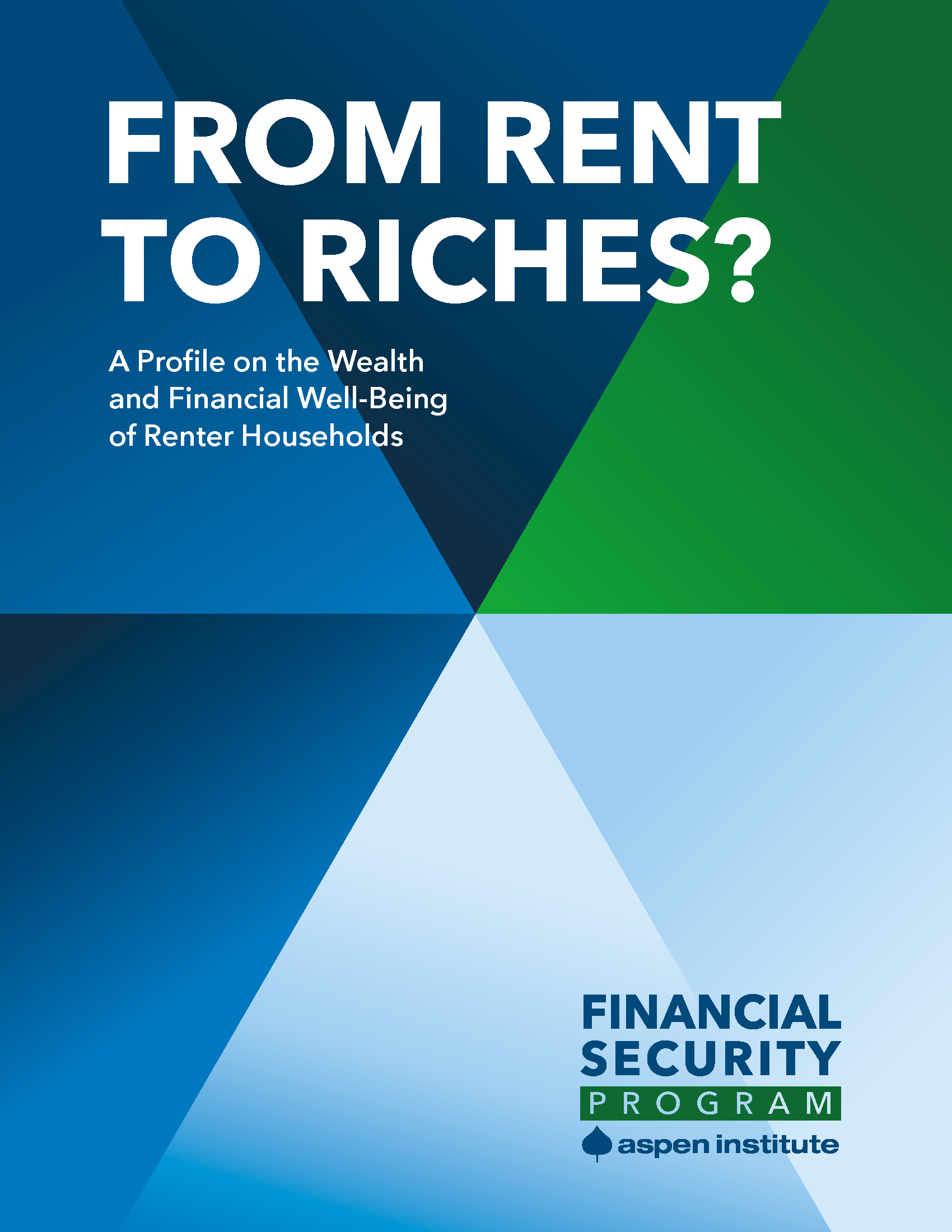The United States may be facing the most severe housing crisis in its history. Due to expiring eviction moratoriums across the country, 30-40 million renters are at risk for eviction in the coming months.
On the latest episode of Aspen Insight, Katherine Lucas Mckay, a senior program manager at the Institute’s Financial Security Program says that moratoriums are“a bandaid in terms of keeping people housed in a longer-term way.” Once a moratorium expires, people have to figure out how to pay their back rent. If they’re unemployed, they need to evaluate their legal options, especially when facing an eviction court case. On top of all of that, they need to find a new place to live. But most landlords won’t lease to someone with an eviction record.
McKay notes that evictions have long-term effects on the mental health of both adults and children involved. They could also have an outsized impact on voting efforts in the 2020 election.
You can find the full eviction report here.
A special thank you to the Financial Security Program’s partners in research: The COVID-19 Eviction Defense Project, Wake Forest University School of Law, Massachusetts Institute of Technology, University of Arizona College of Law, The Eviction Lab at Princeton University, City Life/Vida Urbana, Stout, and The National Low Income Housing Coalition.


